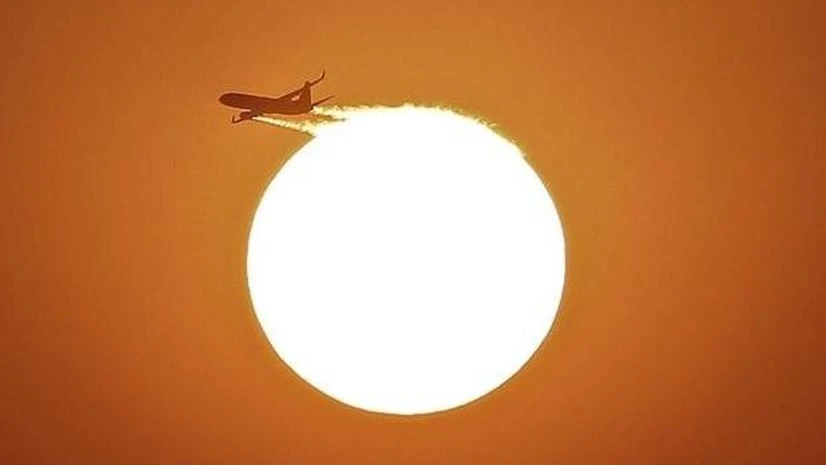NASA's Parker Solar Probe, mankind's first mission to 'touch' the Sun, has been moved to its launch pad and is on schedule take off next week, the US space agencies said.
The car-sized spacecraft will travel directly into the Sun's atmosphere, about four million miles from its surface - and more than seven times closer than any spacecraft has come before, thanks to its innovative Thermal Protection System.
The mission, targeted to launch on August 11, will perform the closest-ever observations of a star when it travels through the Sun's outer atmosphere, called the corona.
It will rely on measurements and imaging to revolutionise our understanding of the corona and how processes there ultimately affect near-Earth space.
The probe was moved on July 30 to Space the Launch Complex 37 on Cape Canaveral Air Force Station.
Also Read
The following day, the spacecraft was lifted and attached to its launch vehicle, a United Launch Alliance Delta IV Heavy rocket in the Vertical Integration Facility.
The Parker Solar Probe carries a lineup of instruments to study the Sun both remotely and in situ, or directly. Together, the data from these instruments should help scientists answer three foundational questions about our star.
A Sun-skimming mission like Parker Solar Probe has been a dream of scientists for decades, but only recently has the needed technology - like the heat shield, solar array cooling system, and fault management system - been available to make such a mission a reality.
Parker Solar Probe will explore the corona, a region of the Sun only seen from Earth when the Moon blocks out the Sun's bright face during total solar eclipses.
The corona holds the answers to many of scientists' outstanding questions about the Sun's activity and processes.

)
